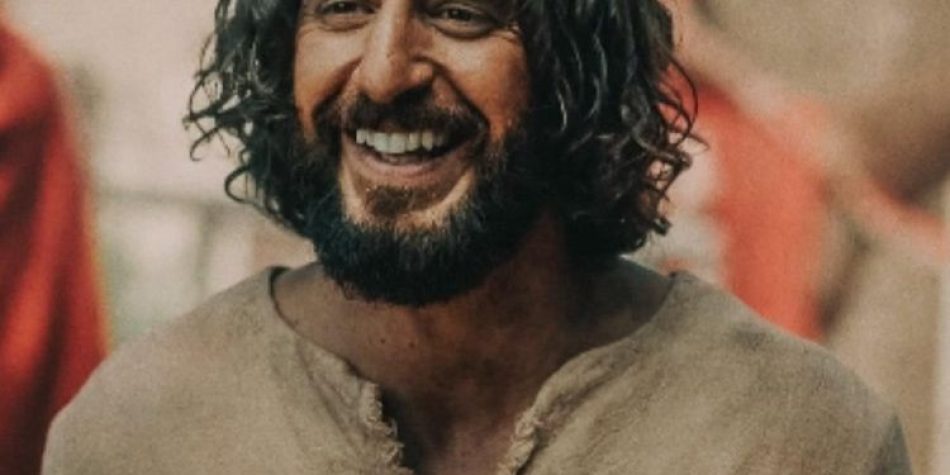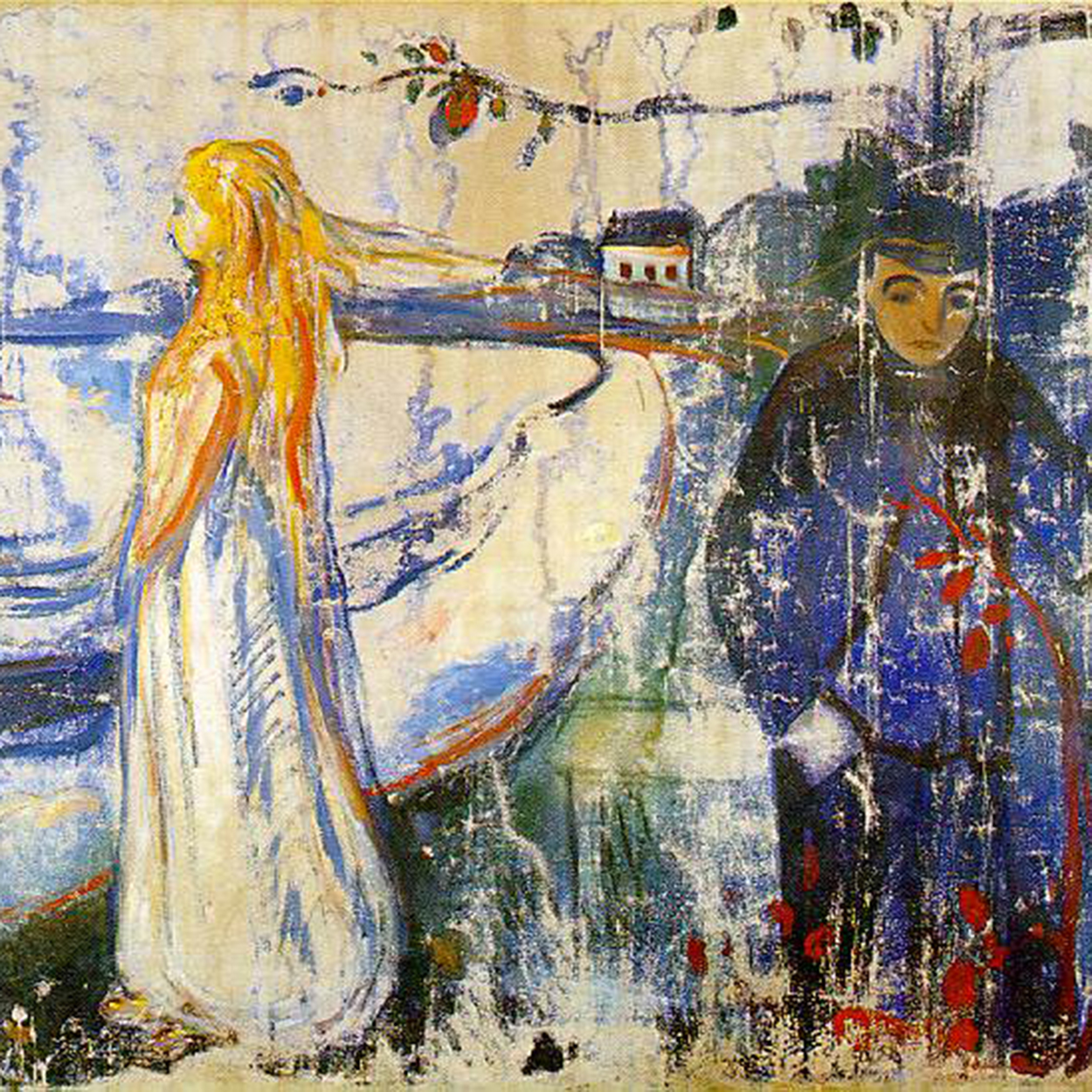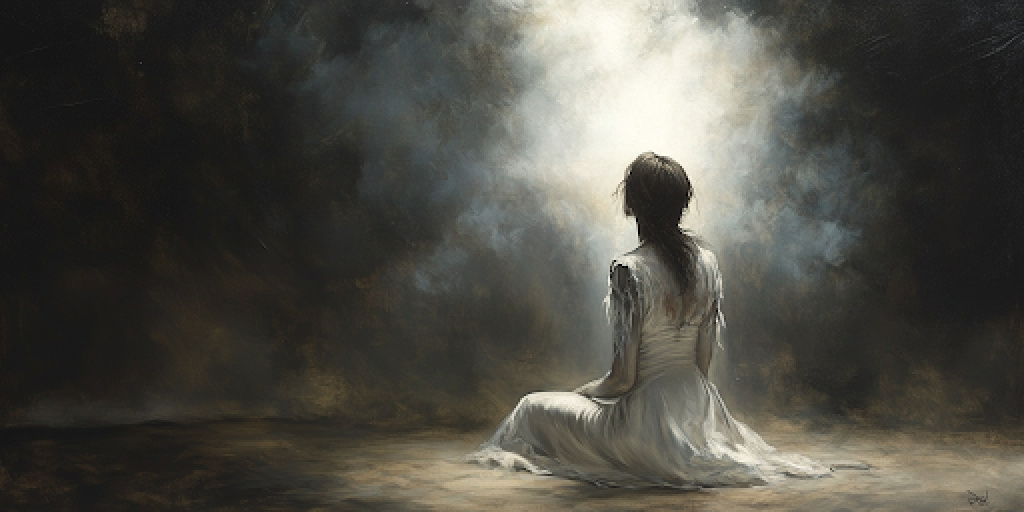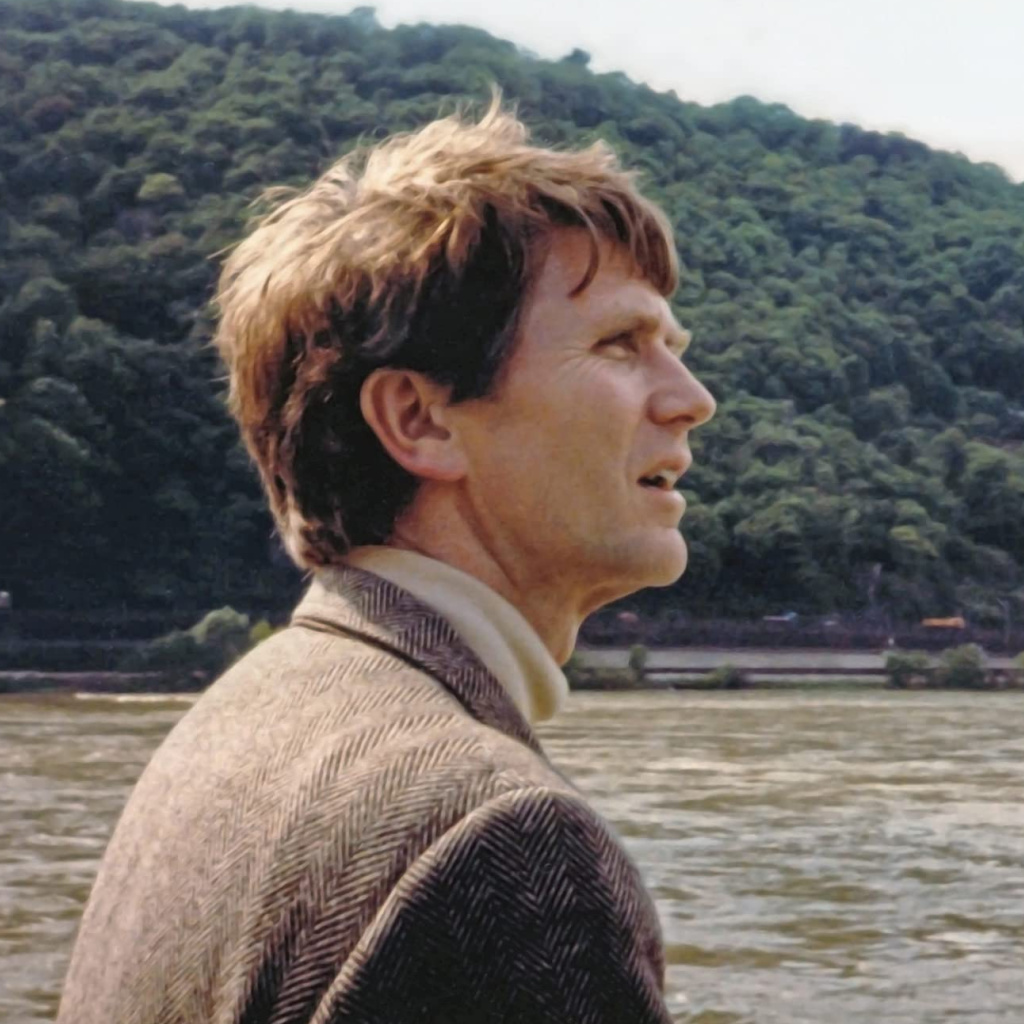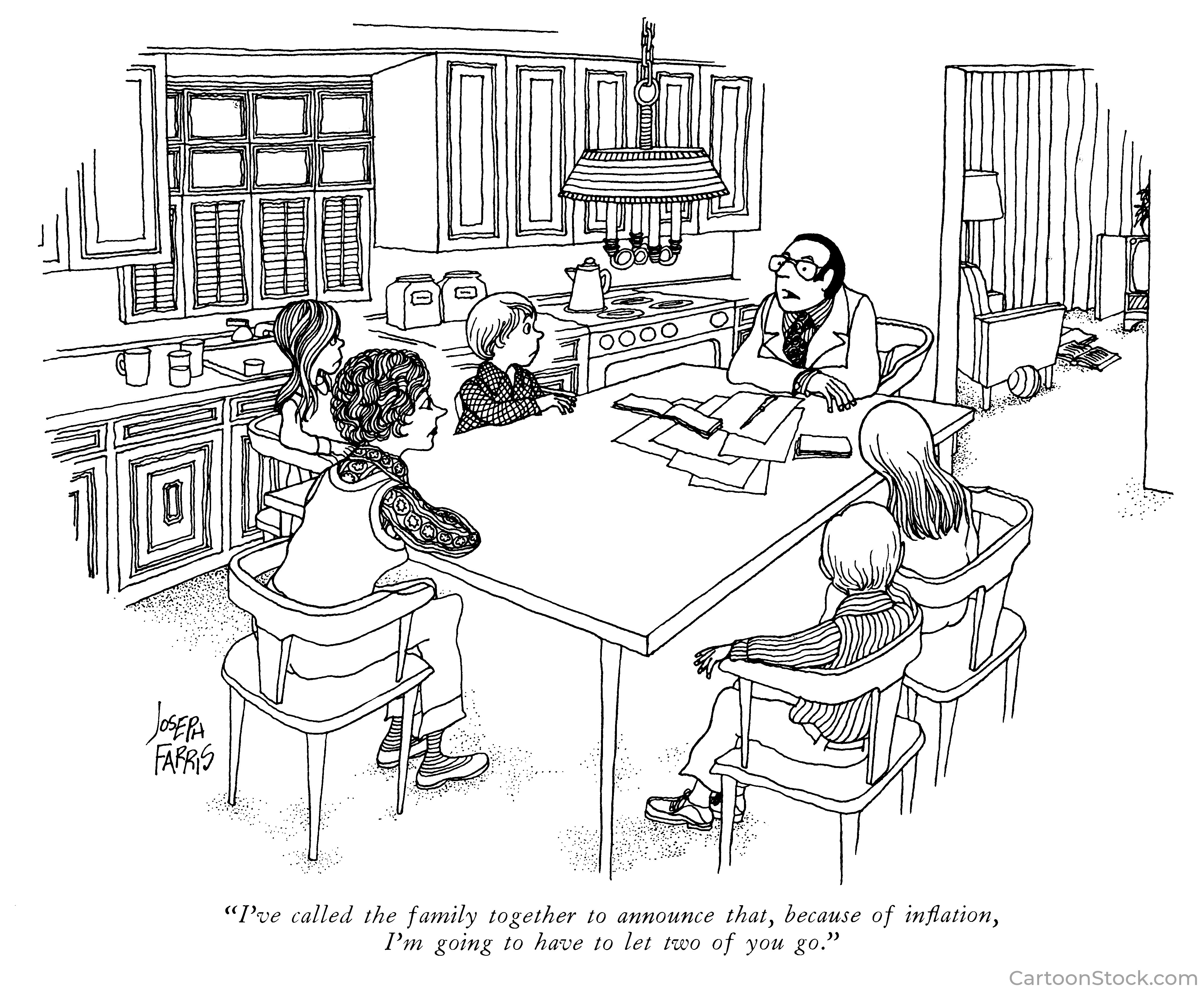I was standing on the set of The Chosen as an extra after almost passing out from the COVID finger prick (I don’t do well with needles). It was kind of unbelievable that I was there in a middle eastern looking city, dressed in robes, surrounded by cameras, laughter, incense, and the people playing the part of Jesus and His disciples.
Being on set was so much quieter than I thought it would be, yet everything still teemed with excitement. I was busy pretending it was completely normal for me to belong there when somehow, I ended up standing next to Dallas Jenkins (creator of The Chosen). This was a rare opportunity to get to know him a little better.
Being a member of The Church of Jesus Christ of Latter-day Saints, I was curious to understand how Dallas and his show ended up being in Utah—on a set owned by our faith. Many of you have heard the story. Dallas obliged my questioning and told me about getting the suggestion from Angel Studios, expressing interest before season one, and then receiving permission for season two. But something interesting Dallas told me about that happened between those points was not something many may know.
Dallas told me that President M. Russell Ballard, a prominent leader in our faith, had binge-watched season one (which is a funny thing to imagine) and then told the other senior leaders about it. Dallas eventually met with Elder Holland and Elder Bednar. Elder Holland (or as Dallas called him, “brother Holland”) was funnier than he expected—and these leaders only asked the filmmaker a couple of questions about his intent. Like Dallas, I was surprised by how little they wanted to know. Dallas said something to the effect of wanting to ‘share Jesus with the world.’ That seemed to be enough for Elders Holland and Bednar because not too long after, Dallas received approval.
“Share Jesus with the world” … I wonder why these leaders didn’t ask, “which Jesus”? Much of the recent controversy about Dallas being a “sympathizer” with our faith centers on this same question. Many were curious how Jesus would be portrayed before watching the show—wondering if the filmmakers would be faithful to who Jesus really is. I know I was.
In a heated moment of confrontation in the season three trailer, Jesus is threatened for violating the law of Moses. He simply and emphatically responds, “I AM the law of Moses!” Since this exact phrase (like most dialogue in the Chosen) appears nowhere in the Bible, some have wondered if this was taken from something we believe Jesus said in his visit to the Americas (“I am the law and the light.”) It wasn’t, as Dallas emphatically clarified last week—admitting he hasn’t ever read the Book of Mormon. He described the line as yet another creative expression of a common theological belief among evangelicals, an assertion of Christ’s authority—and indeed, not a direct quote from the Book of Mormon. However, the reaction from Dallas’ fellow evangelical community was revealing—revitalizing a very public and heated discussion about what it means, or should mean, to be “Christian.”
To be sure, our different perspectives on that question are important and weighty—no doubt worthy of any attention and discussion we give them. And surely God welcomes such dialogue about what being a true Christ follower means when done in humility, love and respect.
After all, believers the world over have different ideas about who Jesus is, how we should approach Him, and why He is or isn’t important. And to Dallas’ point in his final word on “the LDS issue,” perhaps it isn’t right for us to assume how anyone truly feels about Jesus, the depth of their relationship, and how much they “know Him” until we can really talk to them personally about it—and maybe not even then.
Jeffrey Thayne, a trusted professor at BYU-I, insightfully suggested that this controversy is a “microcosm” of what is a much larger problem in society—in particular, our readiness to formulate villainizing mentalities far too quickly. We accompany this with harsh criticism for anyone that slightly deviates (or appears to deviate) from our way of thinking. Dallas gave similar insights in the aforementioned video when he said, “It would be wrong of me to ever say that any one group believes any one thing all together. That is just a level of arrogance I do not have.”
Is it possible to preserve The Chosen as something that unifies seekers of Christ? Or will this, too, become another illustration of and contributor to disunity among those professing to follow Christ? Like the Apostles in The Chosen bickering about who has the most authority to declare how Jesus feels about things, we’re surrounded today by theological and cultural squabbles. We witness in every direction condemnations of others for not believing right—without ever having truly sought to know other’s hearts. These kinds of tendencies turn those who could be friends into threats and demolish the attempts of others to feel belonging or be understood accurately. My heart was brimming with love and yearning for Him—and I wanted to know Him, to feel what I was feeling with Him.
And that’s what I see Dallas encouraging here in a humble way. Given the nature of his artistic and creative approach to the New Testament, there will be moments in his show that not every Christian will be able to unite around. But what makes The Chosen a great opportunity for this kind of unity amongst believers of Christ amidst the many seas of opinions is that The Chosen represents an invitation to seek Christ for yourself.
From the beginning of this massive endeavor, Dallas has expressed very clearly that he doesn’t consider himself any kind of final authority on who Jesus is. He wants to leave such things to the Bible and faithful pastors. He hopes that in the end, after everything we see in his show—that we take it into our personal lives and make our own decisions about our beliefs. That we don’t treat his show as scripture or that we don’t replace scripture with his show. He wants us immersed in The Word.
Latter-day Saints have similar beliefs about Jesus and how we can find Him (sorry, Dallas, to associate you again with our ilk). But to be fair, we might take it a few steps further—and not just in widening the pool of supportive scripture and modern prophetic direction.
Most prominently, we encourage you to ask God directly to show you who He is. And we trust you’ll find what you seek (Matt 7:7-8). We believe that if you truly yearn to know Jesus—you will find Him. They ultimately want us to block out all the noise, turn off our phones and laptops, put down our weapons and our pride and run to Him.
Unfortunately, you won’t find the person Jesus in The Chosen. And Elder Bednar and other faithful leaders won’t likely want you to run to them either. They’ll want you to run to Jesus. And how surprised and touched we’ll be when we approach Him personally to see how He feels about us, misunderstandings and all. And what He wants from us personally.
After I finished watching episode three of season two down in my family room, I felt so touched by what I saw and how I felt about Jesus’ sacrifice for me. I reflected on the pain I caused Him—the pain we all cause Him—including well-meaning Christians eager to prove who is more righteous. I didn’t turn to social media or any other mediating religious leader or artist. My heart was brimming with love and yearning for Him—and I wanted to know Him, to feel what I was feeling with Him. I went to my room, I closed my door, and I prayed. I spent time alone with God, the best and final authority on Jesus, where I knew I belonged—where we all belong.
I don’t want to speak for Dallas or any of the other members of the Chosen creative team above. Neither do I want to speak for the leaders of The Church of Jesus Christ of Latter-day Saints. But if there’s anything I take away from the from both groups of these humble servants, it’s that they all ultimately want us to block out all the noise, turn off our phones and laptops, put down our weapons and our pride and run to Him.
And trust in Him alone.
So, maybe go ask Jesus if you’re a proper Christian or not—I trust we’ll all find we have a lot to learn. And I’m sure He’ll help us learn how in ways only He can—because, after all, He is the law. 🙂

